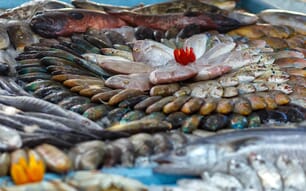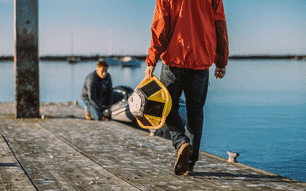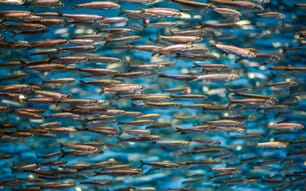Director of the Fisheries, Aquaculture and Coasts Centre with the Institute for Marine and Antarctic Studies, Professor Colin Buxton, says he understands that people feel nervous about the size of the boat, reports
ABCRural.
But he says the decision overturns a very conservative total allowable catch and it's not the way to manage the fishery.
"There is no doubt about it that this is a huge slap in the face for the scientists that work in this fishery, and a huge slap in the face for AFMA," he said.
"Because they're the people that are managing this fishery."
The Federal Government's bill to prevent a supertrawler fishing in Australian waters is under scrutiny.
It might not get through the Parliament, and if it does, supertrawler owner Seafish Tasmania is examining its options for a legal challenge.
Some in the fishing industry, like Brian Jeffriess from the Commonwealth Fisheries Association, say there's a precedent for compensation.
But Professor Warwick Gullet, the deputy director of the Australian National Centre for Ocean Resources and Security, at the University of Wollongong, says that's not the case.
"I think there isn't much opportunity for a successful legal challenge and that's largely because of broad discretionary power existing in the environment minister's powers, and this operating in conjunction with the fisheries minister."
Meanwhile, the think tank, the Centre for Policy Development, says the Federal Government's review of fisheries is timely, but there are other issues that also need addressing.
Marine economist fellow Caroline Hoisington says the fishing industry is exaggerating the damage that marine parks declarations will have on their businesses.
She's examined the Department of Sustainability regulation impact statement for marine parks and says the facts are clear.
"A couple of them are really so excessive as to seem almost silly," she said.
"They talked about a 25 per cent reduction in catch; from the RIS it's basically 1.1 per cent of the value of the Commonwealth fisheries catch.
"It's easy to just say that, but they present absolutely no evidence to say why that would be true."
Tasmanian Scientist Slams Supertrawler Delay
AUSTRALIA - A Tasmanian fishing scientist Professor Colin Buxton says the decision to seek more science before approving the supertrawler, Abel Tasman, appears to have been made on popular opinion and gut feel.
by Lucy Towers



